Owning property remains one of the biggest aspirations for many Namibians. But buying a home is not only about finding the right property or chasing a bargain; it’s about ensuring that your personal finances are strong enough to carry this long-term responsibility. Before stepping into the Namibian property market, it’s important to prepare for these five key financial matters.
1. Have you truly assessed your budget?
Your household income and expenses should never catch you by surprise. A clear understanding of your monthly cash flow allows you to set a realistic budget, and sticking to that budget will be the difference between financial security and unnecessary stress.
When considering a home loan (bond) in Namibia, think carefully about how repayments will impact your lifestyle. For example, if your repayments take up too much of your income, you may struggle to keep up with other essential expenses.
Also consider the interest rate cycle. The Bank of Namibia sets the repo rate, which directly affects your bond repayments. If rates increase, will your budget have enough room to absorb the extra cost, or will you find yourself overextended? Don’t forget to include other debts, such as vehicle finance or credit cards, which also increase when interest rates rise.
Tip: Use a bond calculator to test different repayment scenarios.
2. Do you have an emergency fund?
Financial emergencies are a fact of life, from medical bills to job loss, and your home loan repayment won’t wait for you to recover. That’s why an emergency savings fund is essential.
Experts recommend setting aside the equivalent of 3–6 months of your gross income. This safety net can prevent you from missing bond repayments and keep you from slipping into debt.
Owning a home in Namibia also comes with unexpected costs: burst geysers, plumbing repairs, or electrical problems. While insurance will help, it won’t cover every scenario. An emergency fund ensures you can handle these surprises without derailing your finances.
3. Can you afford insurance?
In Namibia, all bonded properties require building insurance, usually arranged through your bank. But this only covers the structure of your home. To protect your furniture, electronics, and other valuables, you’ll need separate household contents insurance.
You should also consider life insurance. If something happens to you, life cover ensures that your family won’t be burdened with your bond repayments. While it adds to your monthly expenses, insurance should be seen as a core part of homeownership, not a luxury.
4. Are you saving for retirement?
Many first-time buyers in Namibia see their home as their “retirement plan.” The idea is to sell later in life, downscale, and live off the proceeds. But this is risky. Property values can fluctuate, and the market may not always be in your favour when you want to sell.
The safer approach is to build retirement savings alongside property ownership. Your retirement fund should grow steadily while your bond balance decreases over time. This ensures that when you retire — often with a lower income than during your working years — you’ll have both a paid-off home and financial reserves to maintain your lifestyle.
5. Do you have a long-term mindset?
Property in Namibia is generally a long-term investment. If you’re expecting quick profits by “flipping” houses, be aware that this requires capital, market knowledge, and timing. The majority of homeowners will only see real financial benefits from property ownership over years, sometimes decades.
If you’re not ready for that commitment, you might explore other property-linked investments, such as listed property funds on the Namibian Stock Exchange (NSX), which give you exposure to real estate without the same risks and costs of direct ownership.
Final Thoughts
Buying a home in Namibia is one of the most significant financial commitments you’ll ever make. By carefully managing your budget, building an emergency fund, ensuring adequate insurance, securing your retirement savings, and adopting a long-term outlook, you’ll put yourself in the best position to enjoy the benefits of property ownership without unnecessary stress.


